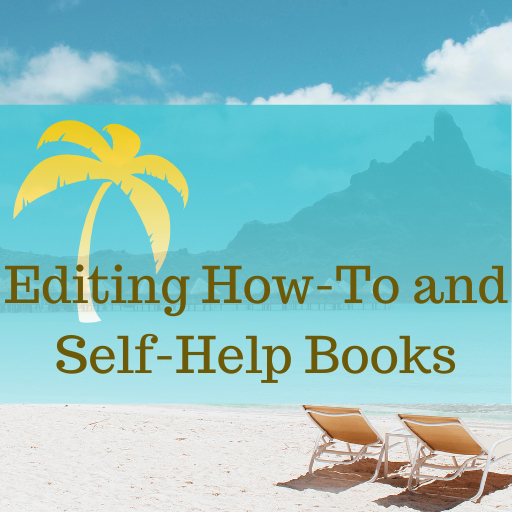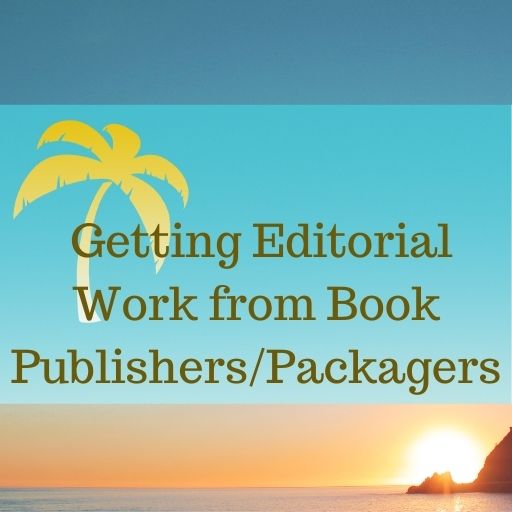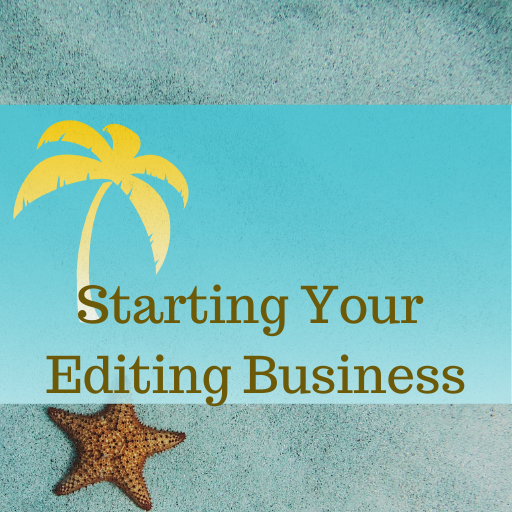How to Let Your Niche Find You
One thing new editors often ask me is how to find their niche(s), and my short answer is to let your niche find you.
How to Let Your Niche Find You
I don’t want to be all zen and say your niches will find you, but that’s kind of true, or at least it has been in my experience and from what I hear from other editors.
But your niche can’t find you if you don’t ever make yourself visible, so the first thing you have to do is just show up somewhere (could be virtually, doesn’t have to be in person). Could be in an editors’ group or on LinkedIn. Just start telling people that in general you do A Thing.
And surely you have some expertise that you can talk about. If you’re a copy editor, say that. Join conversations about copyediting.
Consider your past experience. Maybe you were a paralegal or a nurse. Seems like you would have reasonable familiarity with legal terms or medical terms. Start telling people you can edit legal or medical documents.
Find out that everyone wants you to edit medical documents. Yay! You have a niche, congratulations.
Or find out that no one cares that you edit legal documents. So sorry. But maybe a lawyer has seen your post about legal editing and reaches out to tell you they need someone to copyedit the how-to book they’ve written in their spare time.
Now you have a how-to book credential under your belt. Maybe other people will clamor for you to edit their how-to books!
This is what happened to me when I started writing about martial arts, which I assure you I had no intention of turning into a career. But that’s what people wanted to pay me for. They didn’t want to invest a dime in my brilliant travel essays or wise parenting pieces. So I went with that niche for a long time until I was ready for a change. So I let a new niche find me.
Tell people what you’re up to and explore the opportunities that come your way. Some will resonate more than others and sooner or later you’ll look up and say, “Hmm, I guess I’m a copy editor who specializes in romance and horror.”
That’s how you find a niche/let your niche find you.
Tips for Editors & Writers
The Fine Art of Copyediting Fiction
When copyediting fiction, it’s common to run up against issues that pit author preference against standard editing approaches. For example, in a story I wrote some years ago, the main character’s neighbor is referred to as “3-B” as that is her apartment number and the MC doesn’t know her name. Fine. She can be referred…
Let the manuscript teach you how to edit it
One of the lessons I’ve learned over many years of editing is that you have to let the manuscript teach you how to edit it. Every manuscript is different and every manuscript needs a different touch. Even when an author does something I’ve seen many times before, I have to edit for that particular manuscript,…
Helping Authors Strengthen Story Settings
The setting of a novel consists of multiple elements, big and small, that nest inside each other like those little Russian dolls. We might show this hierarchy of settings like so: If you think about it, the micro setting of “the living room of 601 San Mateo Road Apartment 16” implies the existence of all…
Join the Club!
New to story editing? Begin at the beginning.







